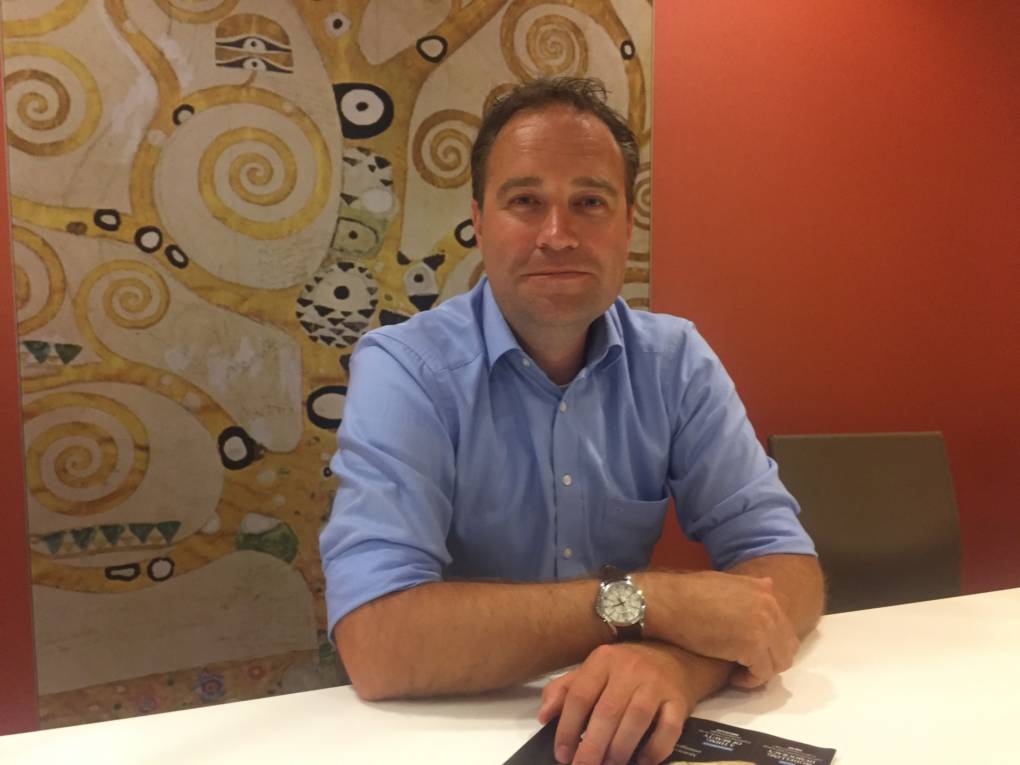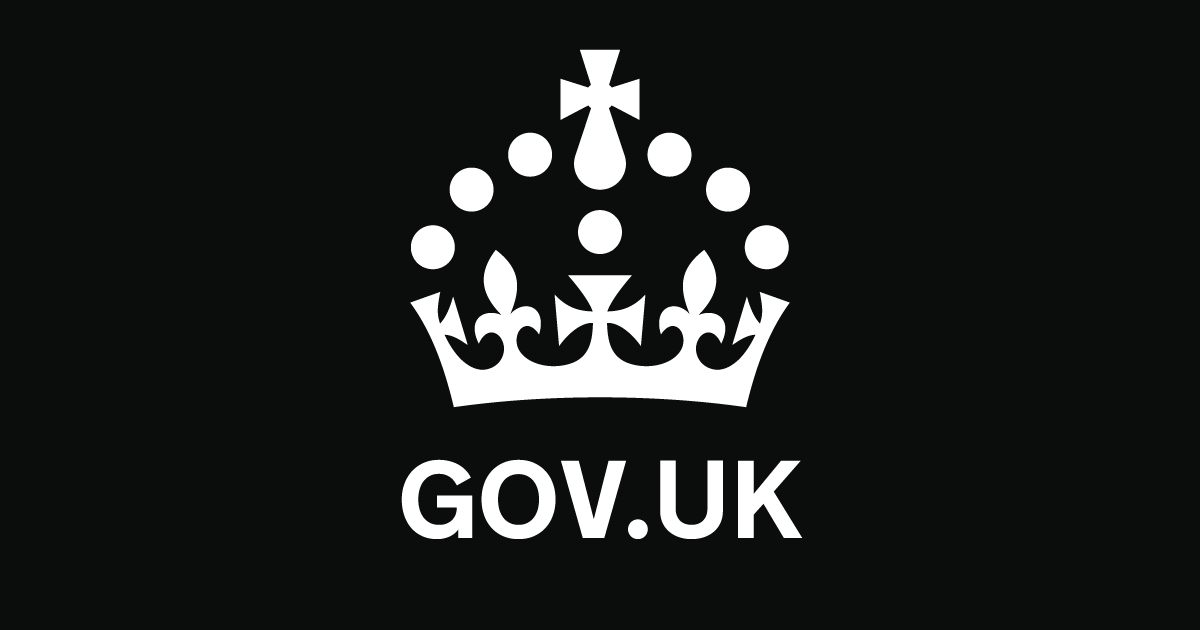You're giving children far too much agency.
This isn't something like a diary where they're keeping secrets about which person they have a crush on at school. This is a topic for which, within the US social construct and discourse, parents are being expected to "pursue a certain path" once the child makes a declaration.
You have to at least be willing to acknowledge that there's a much bigger "ask" happening with this topic.
So a parent is raising male child as a boy for 13 years, calling them "him", etc... and because the child tells a school counselor one day "I feel like a girl", the parents are basically expected to uproot their whole reality and be "cool with it" like the flip of a switch, else "they don't care about their child".
You honestly don't see why that can put a chip on some peoples' shoulders?
As I noted before (in a reply to another poster in here who seemed very interested in this facet of the conversation, but then said they were not interested after presented with the numbers, so I have no reason to expect them to chime in as a reply to this given their stated disinterest), we talk about the topic within the context of countries that have very strict designations and requirements, but then want to apply the standard of the very lax interpretations that lead to the high regret rates.
Looking at studies involving countries with strict "barriers to entry" (for lack of a better term), and then trying to apply their results to the US, who is operating off the lax standard of "if someone says their X, then they're X, questioning them is offensive" isn't a valid approach.
For instance, in Scandinavia , in order for one to change their gender (surgery, hormones or not), they have to be evaluated and diagnosed by a professional as having gender dysphoria, been identifying that way for multiple years, and the sign off process involves a review by both a doctor and a medical review board. That's a far cry from the "standard" that some want in the US. Which is "if a person says they're X, then they're X, and you'd better not question it, else you're a bigot".
It's odd, progressives in the US have no issue saying "we should be like Denmark" for a litany of other topics, but when you get to Denmark's requirements for this topic (you must be 18, you must have a medical professional sign-off, you must complete a six month "self reflection period"), all of the sudden Denmark doesn't know what they're talking about anymore.
I think part of the reason so many of the western European countries (that are far more progressive than us on most things) tend to have a more cautious approach for this topic (as well as a few other topics that don't need to be brought up) is precisely because they have a "healthcare as a public service" model instead of a "for profit" healthcare industry that acts a political lever to be pulled.




